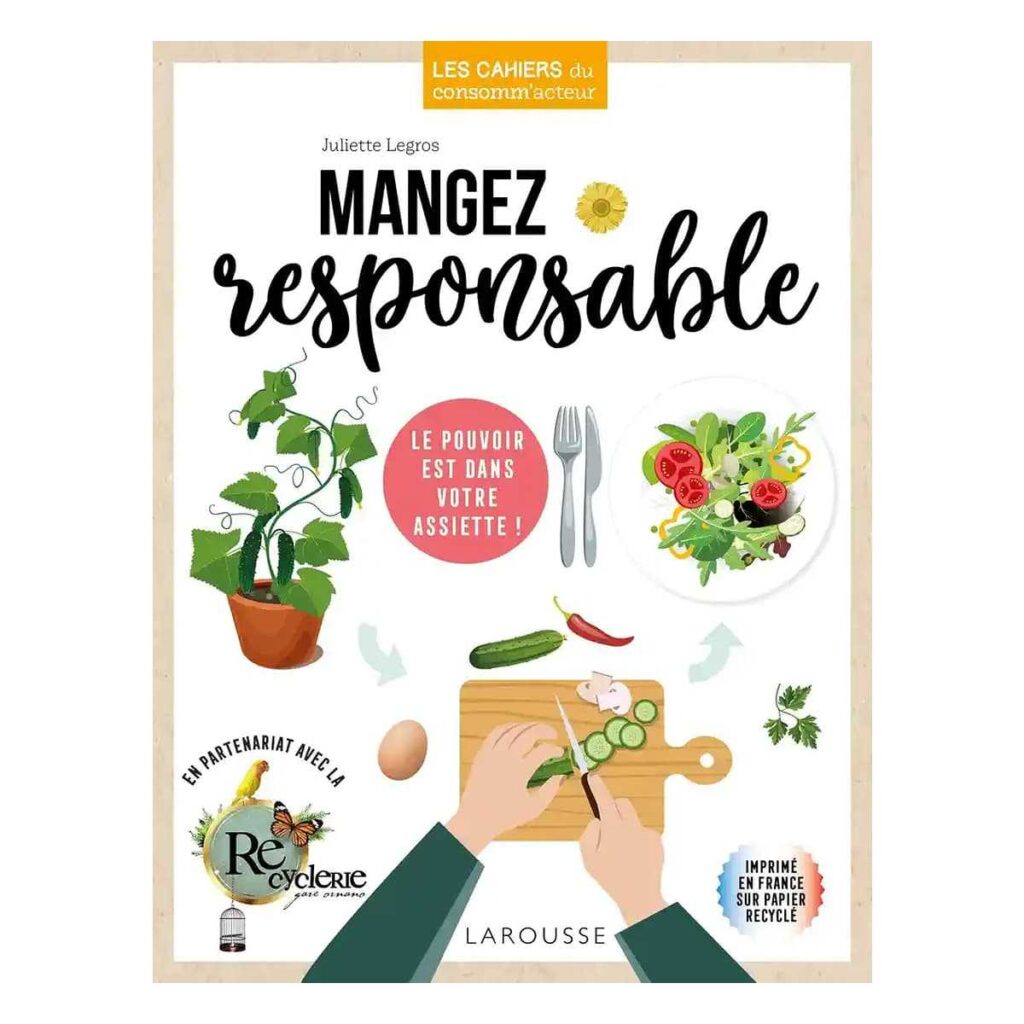The Importance of Sustainable Eating
Sustainable eating plays a crucial role in preserving our planet. Choosing responsible food practices helps reduce our ecological footprint and conserve natural resources. By favoring local, seasonal, and organic products, we contribute to a more environmentally friendly system.
Embracing a sustainable diet also involves limiting food waste. Planning meals, using leftovers, and storing food properly are simple yet effective actions to reduce waste. Furthermore, prioritizing a diet based on plant products allows for a decrease in water and energy consumption, while also reducing greenhouse gas emissions.
By consuming responsibly, we also encourage sustainable and fair agricultural practices. This includes supporting local producers who use methods that respect biodiversity and soils. Additionally, choosing products with fair trade labels ensures that farmers receive fair compensation for their work.
Here are some actions to implement to promote sustainable eating:
- Favor seasonal and local products
- Support organic farmers and local producers
- Reduce meat and animal product consumption
- Limit food waste by planning meals and properly storing food
- Opt for products with fair trade labels
By integrating these practices into our daily lives, we can all contribute to a more sustainable food system that respects our planet.
The Environmental Impacts of Food Consumption
Sustainable eating is a crucial issue in the fight against climate change and the protection of biodiversity. This mode of consumption focuses on reducing the environmental impacts of food production while ensuring adequate nutrition and supporting local economies.
Adopting a sustainable diet involves prioritizing seasonal, local, and organic agricultural products. This helps to decrease the carbon footprint associated with the transportation of goods and supports farmers engaged in nature-friendly practices.
It is also essential to reduce food waste by planning purchases and meals, as well as creatively using leftovers. Initiatives like composting organic waste are also concrete actions for more sustainable eating.
Food production and consumption are significant sources of greenhouse gases. The agricultural sector is responsible for deforestation, soil depletion, and water pollution due to intensive practices.
Another major impact is the loss of biodiversity caused by the expansion of monocultures and the massive use of pesticides and chemical fertilizers. These harmful substances contain agents that threaten food chains and ecosystems.
To limit these impacts, several measures can be adopted:
- Encourage rational agriculture and organic crops.
- Practice permaculture and urban agriculture.
- Support local producers and short supply chains.
- Adopt more vegetarian or vegan diets.
Every action counts in transforming our food consumption habits into a more sustainable and responsible model.
The Link Between Sustainable Eating and Public Health
Sustainable eating is a responsible approach that addresses environmental, social, and economic challenges. It is based on ecological agricultural practices, reducing food waste, and consuming local and seasonal products. This helps protect biodiversity and reduce the carbon footprint of our diets.
Adopting a sustainable diet has a positive impact on public health. By prioritizing organic, pesticide-free, and short-supply-chain products, consumers reduce their exposure to harmful substances and benefit from more nutritious foods. Additionally, this mode of consumption supports local farmers and promotes a more solidarity-based economy.
Sustainable eating translates into concrete choices in daily life:
- Favor seasonal fruits and vegetables.
- Opt for products from organic farming.
- Reduce meat consumption and prefer plant-based proteins.
- Buy in bulk to limit plastic packaging.
- Support local producers and short supply chains.
The link between sustainable eating and public health is also evident in the promotion of balanced and diverse diets. By integrating foods rich in essential nutrients and vitamins, we contribute to better prevention of chronic diseases such as diabetes, cardiovascular diseases, and certain cancers.
In conclusion, sustainable eating is an essential path to a more respectful future for the environment and beneficial for our health. By adopting responsible food practices, we can all play a role in protecting our planet and improving our well-being.
Articles similaires
Thank you!
We will contact you soon.













